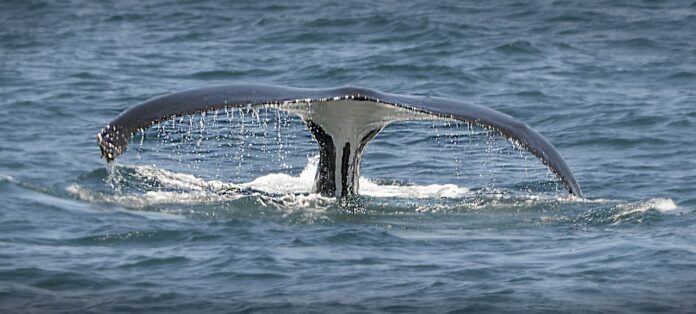Source: MakeLemonade.nz
Tamaki Makaurau – WWF-New Zealand is calling on Aotearoa to stamp out harmful human behaviours to save endangered species.
Banning over fishing will help New Zealand’s delicate ocean ecosystem recover. Over fishing has a major impact on marine systems.
Kiwis are currently taking more fish commercially than before the Hauraki Marine Gulf Park was established in 2000.
The area is also Aotearoa’s most intensively recreationally fished area. Key fish stocks have declined by more than 50 percent.
Plastic pollution is a huge problem. Whales in the Hauraki Gulf are ingesting about 25,000 microplastics per mouthful, which is around three million microplastics a day. Most of that plastic is in their food, such as zooplankton.
As well as being ingested, plastic can entangle, suffocate and drown marine life.
Currently, only 0.3 percent of the Hauraki Gulf’s waters are sufficiently protected. There are plans to increase this to six percent, but it has to be 30 percent for the gulf to fully regenerate.
One of Aotearoa’s most threatened marine species is the Bryde’s whale which is a vital part of keeping the ecosystem healthy.
The declining Bryde’s whale is a giant, playful mammal, a panda of the ocean. It spends its life in the Hauraki Gulf.
But the Bryde’s habitat has been negatively impacted by climate change, overfishing and pollution. The nationally critical species and may be facing local extinction with only 135 left.
Fishing sustainability is the only option to help the Hauraki Gulf regenerate. Rejecting single-use plastics and picking up plastic rubbish is a must.
The World Wide Fund for Nature (WWF) is the world’s largest conservation organisation and the WWF-New Zealand is part of the network.
WWF-NZ asks Kiwis to eat wisely as a third of all food produced is wasted. By adopting a plant-based diet, people can eat better to help the planet.



